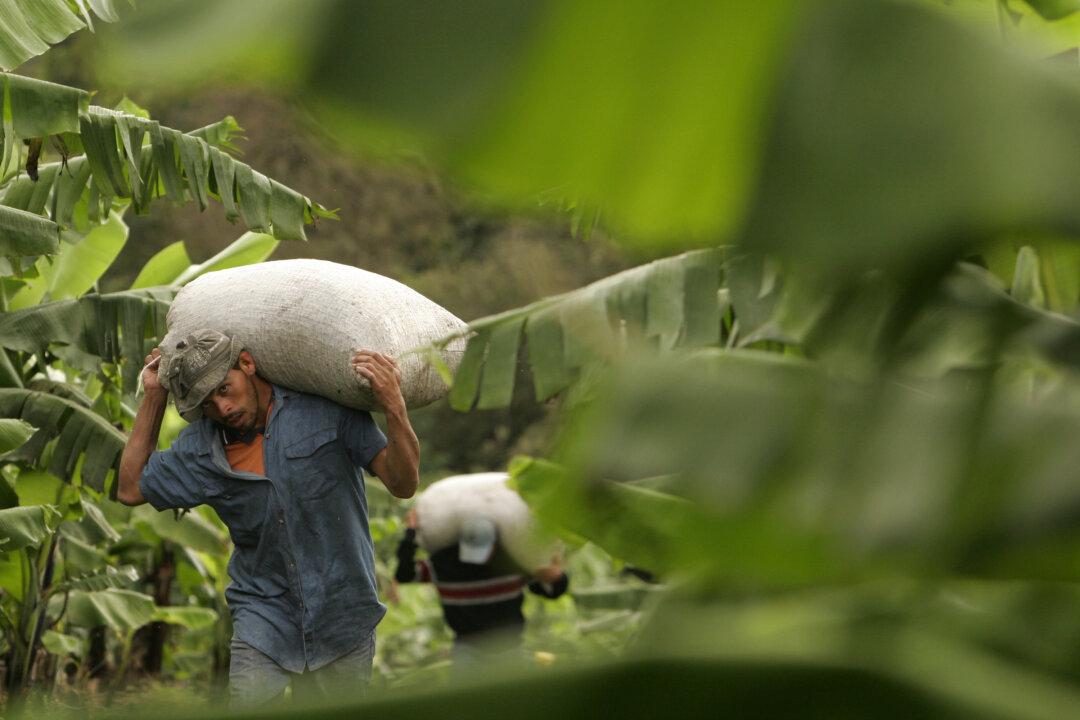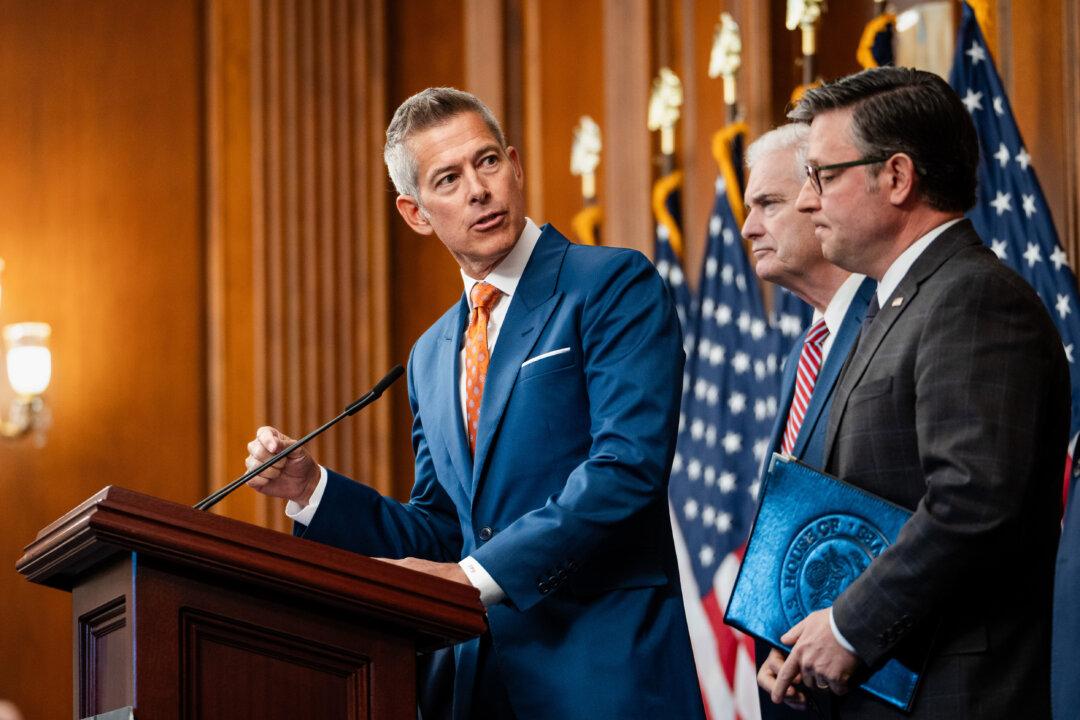The prices of Arabica coffee have been rising steadily for quite some time and recently hit a 10-year-high at the ICE exchange, trading at $2.5615 per pound, mostly driven by 20-year-low stock levels.
Arabica coffee is a favorite of artisan shops and served by major chains like Starbucks. The last time coffee prices were higher was back in September 2011 when it was trading at $2.5665.





